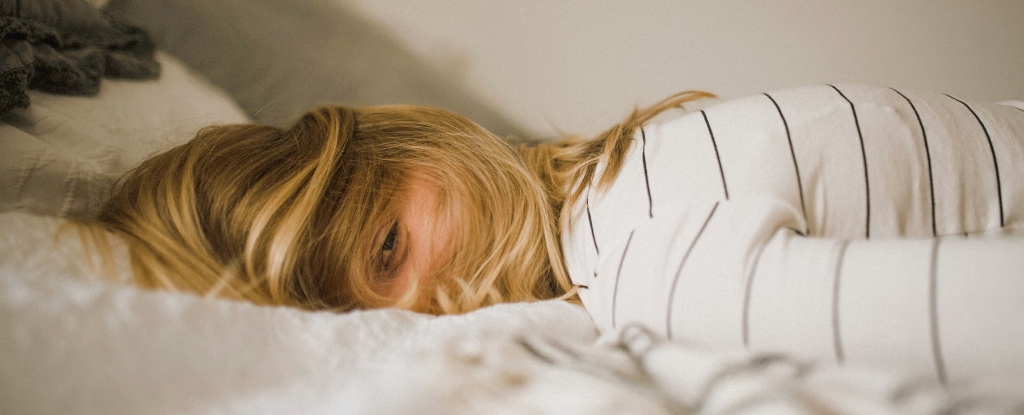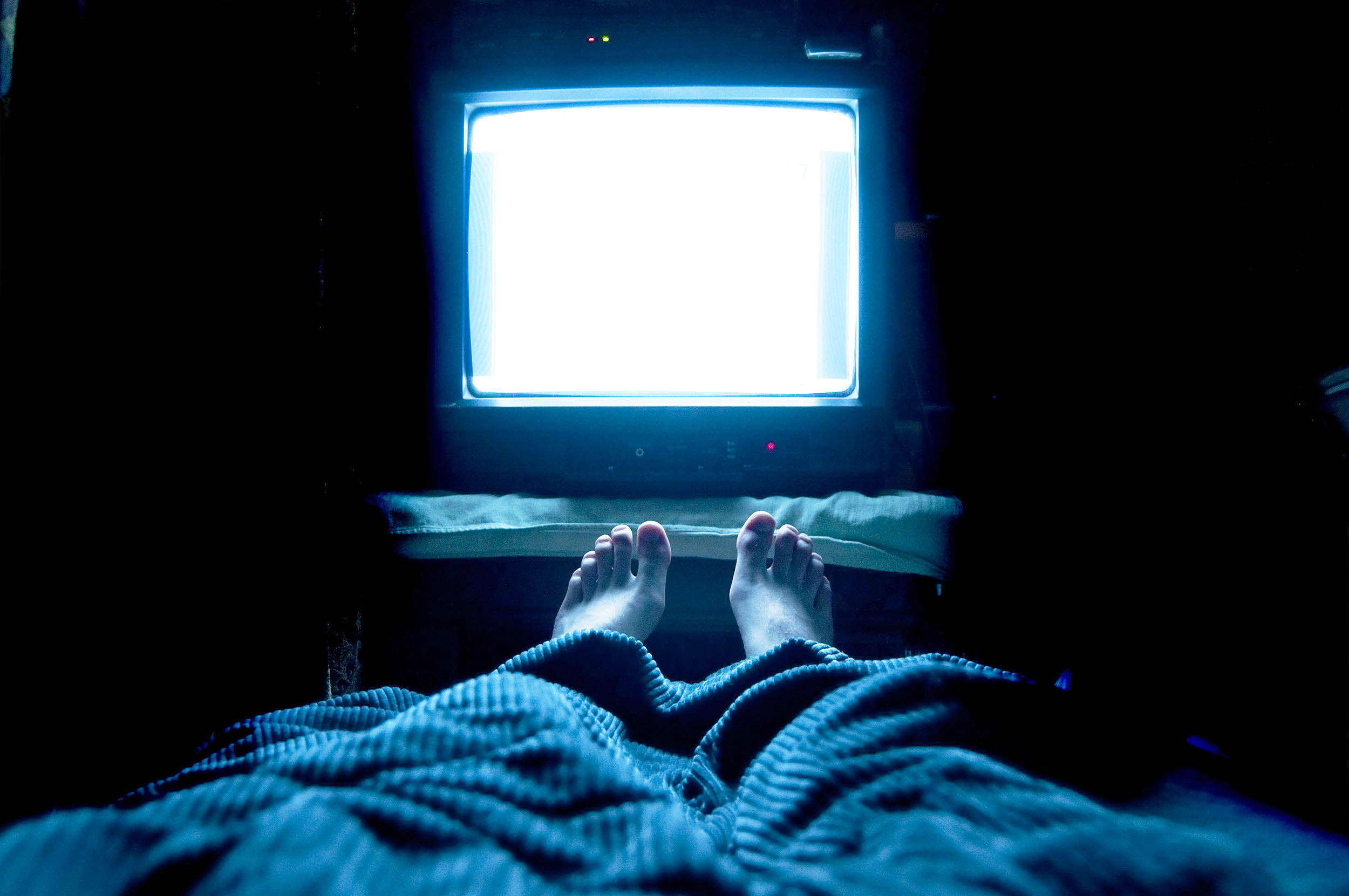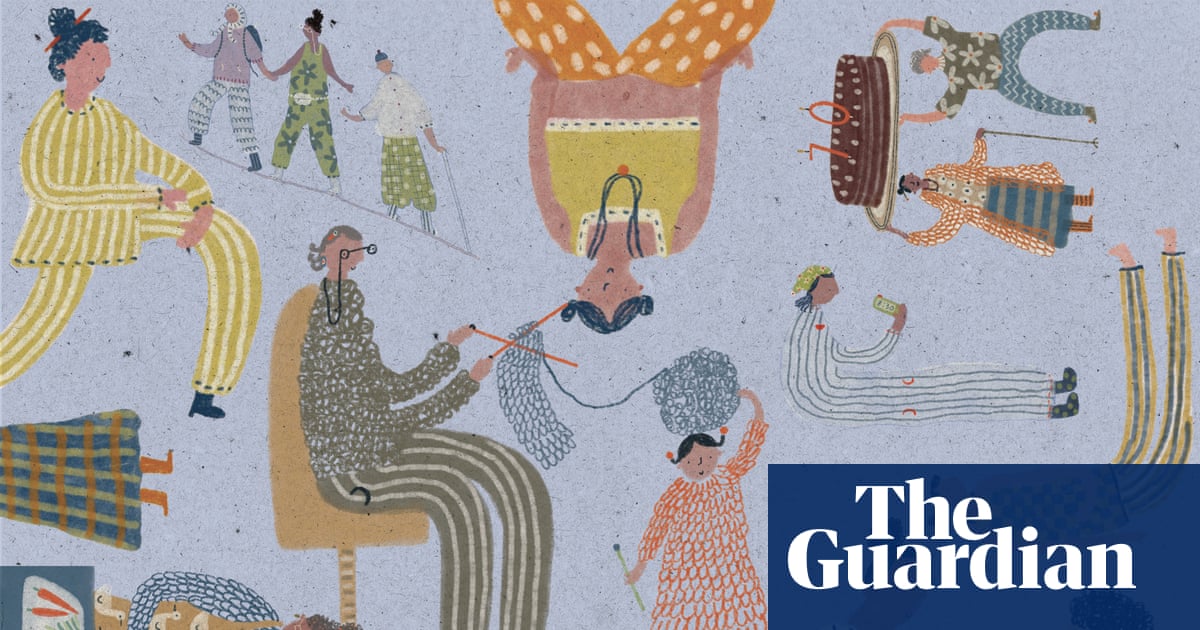T4K3.news
New Research Reveals Women Sleep Longer Than Men
Studies show women sleep about 20 minutes longer, but often report feeling more tired.

Researchers find women tend to sleep longer than men, yet struggle with sleep quality.
Women Sleep Longer but Face Greater Challenges Than Men
Studies show that on average, women sleep about 20 minutes longer than men, according to objective measures from sleep trackers and sleep studies. Despite this, women often report feeling more tired and less rested. Factors like hormonal changes, mental health issues, and societal pressures contribute significantly to these discrepancies in sleep quality. Research consistently indicates that women face unique challenges, particularly during phases in life such as puberty, pregnancy, and menopause.
Key Takeaways
"On average, women sleep about 20 minutes more than men."
This statistic highlights the biological differences between genders in sleep duration.
"Women face unique challenges that disrupt their sleep quality."
This statement emphasizes the need for tailored support for women's sleep health.
The findings about sleep between genders reveal not just biological differences but also social dynamics that impact women's rest. Women's health is intertwined with their roles in society, including caregiving responsibilities and psychological burdens. The need for a nuanced approach to sleep support and health care becomes evident, as simply increasing sleep duration will not address the root causes of fatigue and stress women often experience. This situation calls for greater awareness and strategies to improve women's overall sleep quality and mental well-being.
Highlights
- Women sleep longer but often wake up feeling tired and unrested.
- Sleep isn't just about quantity; quality significantly matters for women.
- Support and understanding are crucial for women's sleep health.
- Hormonal changes can disrupt women's sleep patterns, especially during key life stages.
Potential Risks Related to Women's Sleep Health
The discussion on women's sleep needs can generate backlash, especially if perceived as oversimplifying or misrepresenting gender differences.
Understanding these dynamics can help create better support systems for women's health.
Enjoyed this? Let your friends know!
Related News

Research links bright night lights to heart issues

Gen Z college graduates face high unemployment rates

New Study Links Psychiatric Medications to Gut Changes

Megan Anderson Balances Corporate Career with Van Life

New research links fat distribution to health risks

Health strategies for aging adults released

Expert dispels 13 common pregnancy myths

High-impact exercise lowers biological age
